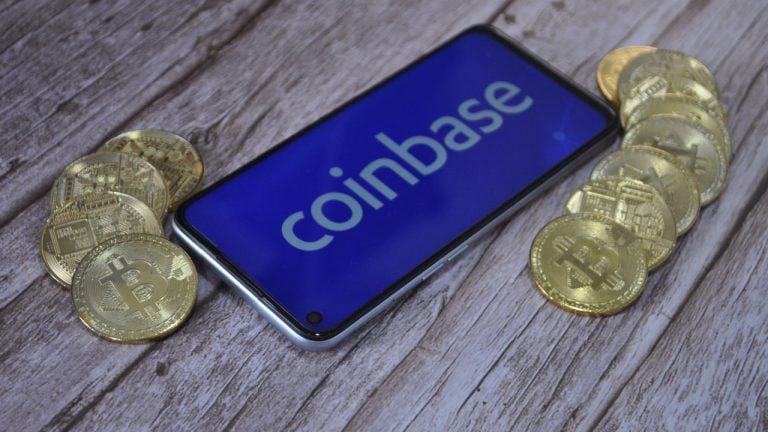
The comment from the crypto exchange came after the SEC asked for more time to respond to Coinbase's rulemaking petition.
Coinbase has slammed the United States securities regulator for failing to answer questions asked in the U.S. Court of Appeals as part of its ongoing legal battle with the regulator.
In a June 17 letter filed in the Court, lawyers for the crypto exchange accosted the Securities Exchange Commission for continuing to offer “no straight answers” to the Court in relation to Coinbase’s rulemaking petition, which calls on the SEC to establish a regulatory framework for digital assets.
“When ordered by this Court to address the stark inconsistency between its litigating position and its actions and statements elsewhere, the SEC still offers no straight answers and instead repeats its talking points,” Coinbase’s letter said.
The letter was in response to the SEC’s June 13 submission requesting an additional 120 days to reply to Coinbase’s rulemaking petition.
Coinbase claimed the SEC is reluctant to inform the Court of updates on its decision, saying it “bristles even at being ordered to update the Court on its progress.”
The firm claimed the impact of the SEC’s silence, the lengthy delays and its enforcement actions continue to weigh on the crypto industry and SEC chair Gary Gensler "continues to charge well down the path to irreparably damaging a U.S. public company and an entire industry.”
On June 17, Coinbase’s chief legal officer, Paul Grewal, said in a series of tweets that it’s “unusual for the government to defy a direct question from a federal court.”
We couldn't wait until our deadline next week to address the SEC's response to the June 6 order from the Third Circuit. It is unusual for the government to defy a direct question from a federal court. But the SEC’s evasive response goes further, as we set out today. 1/5 pic.twitter.com/ssULmUpzi2
— paulgrewal.eth (@iampaulgrewal) June 17, 2023
Related: Hong Kong legislator invites Coinbase to the region despite SEC scrutiny
Grewal said he’s hoping for the Court to grant a writ of mandamus — a court order to a government official ordering them to fulfill their official duties under the law — given thathe SEC knocked back Coinbase’s petition.
Coinbase is also submitting that the court instead set a deadline of 60 days or less starting from June 13 — the date of the SEC’s request.
In a separate case, the SEC sued Coinbase on June 6, alleging the trading platform broke various securities rules, most notably for purportedly offering cryptocurrencies that the regulator considers to be unregistered securities.
Magazine: Crypto regulation: Does SEC Chair Gary Gensler have the final say?









